If you’re considering adopting a snake or are just curious about what it takes to care for these reptiles, keep reading. We’ll explore everything: from the best species for beginners to essential care tips, demystifying the process of keeping snakes as pets.
Why have a snake as a pet?
Snakes can be great pets, especially for those who appreciate unconventional animals. One of the biggest advantages is that they require little space and time. Unlike other pets, snakes do not need to be fed daily, and their overall care is relatively simple.
In addition, snakes are quiet, hygienic, and hypoallergenic, making them ideal for people with allergies or restrictions related to other types of pets. Another attractive point is that these creatures can live for many years, offering long-term companionship for their owners.
Ideal snake species for beginners in brazil
If you’re new to the world of snakes and prefer species found in Brazil, some options are more suitable due to their docile nature, manageable size, and ease of care. Check out these suggestions:
- Campanha snake (Philodryas nattereri): This medium-sized, non-venomous species has a calm temperament. Known for its vibrant colors, it adapts easily to a captive environment.
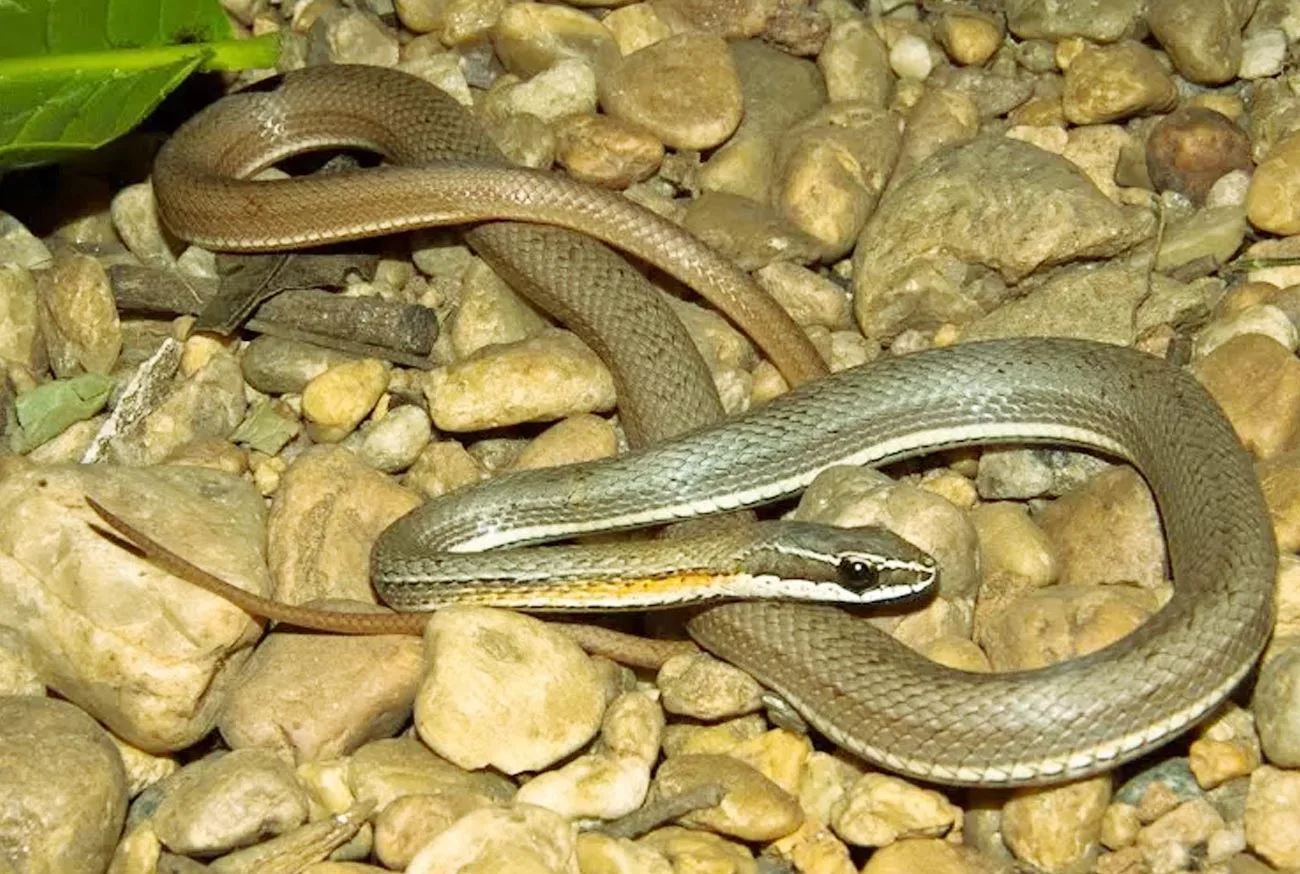
- Green snake (Philodryas olfersii): Despite having very weak venom that is harmless to humans, the green snake is an excellent choice for beginners. Its striking appearance and shy nature make it an intriguing option.
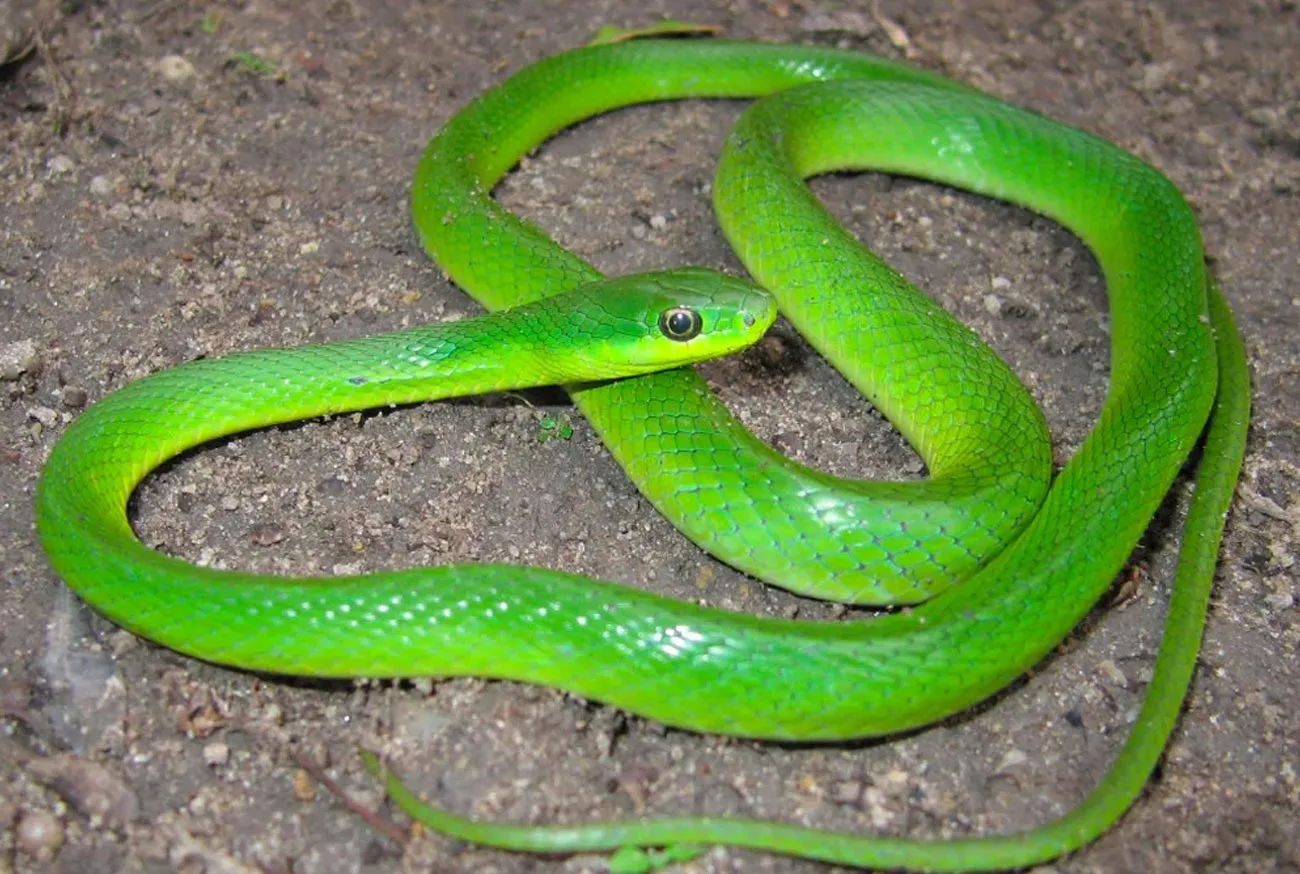
- Boa constrictor: One of the most popular snakes in Brazil, the boa constrictor is non-venomous, docile, and very easy to handle. Although it can grow to a considerable size, it poses no danger to owners as long as it is kept in proper conditions.
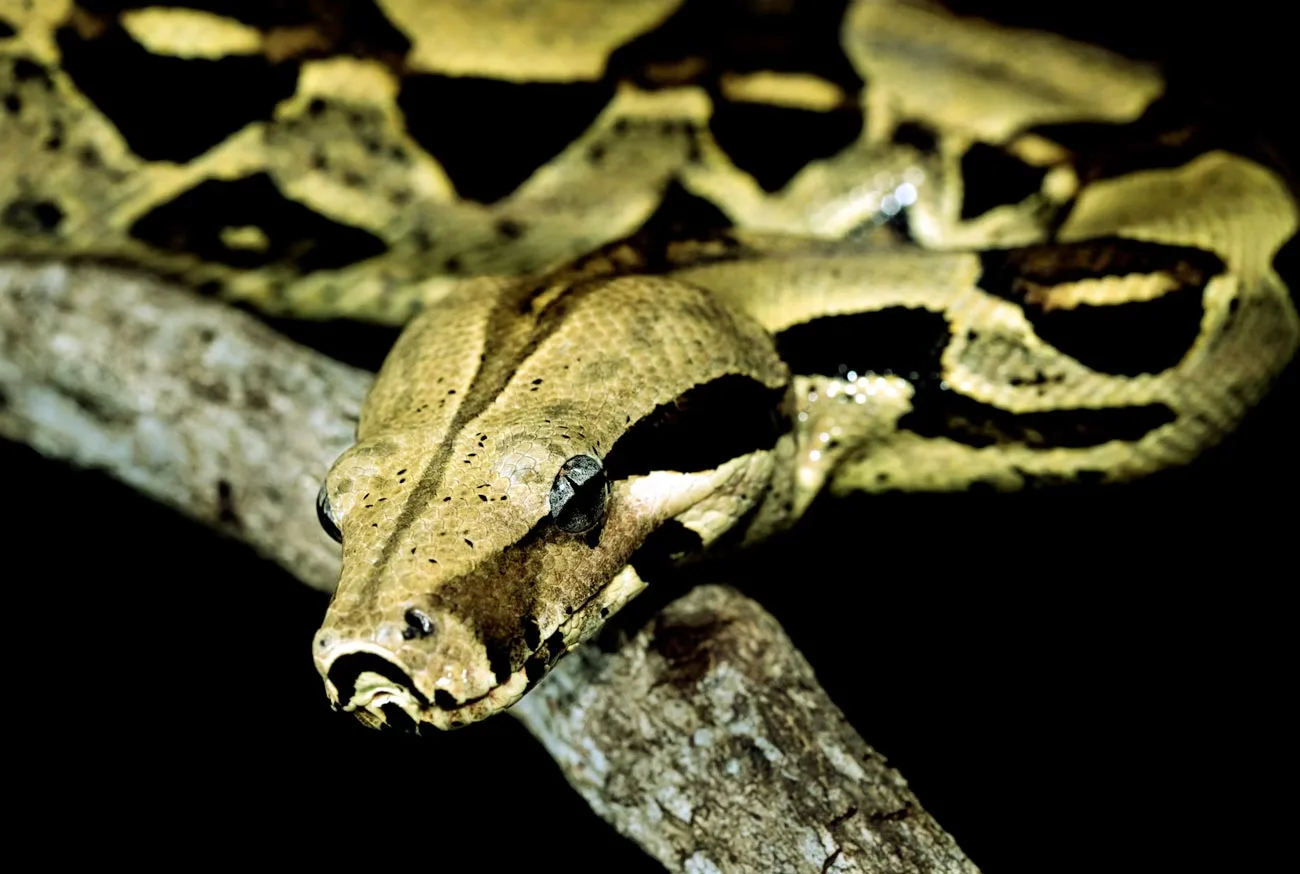
These species, common in Brazil, are excellent options for those starting to keep snakes. Always remember to acquire your pet from licensed breeders and follow the country’s environmental regulations.
The most popular worldwide
- Corn snake: A non-venomous and one of the most popular pet snakes globally, this species is known for its calm temperament and vibrant colors. Perfect for beginners, corn snakes are easy to handle and care for. However, they are considered exotic and territorial, posing a risk to local wildlife. As they are not native to Brazil, their ownership and trade are prohibited.
- Ball python: Small, non-venomous, and docile, the ball python is a common choice for those seeking a calm reptile. Rarely aggressive, it is perfect for new snake owners. However, it is prohibited in Brazil due to its Asian origin, as it can cause environmental imbalances and threaten local species.
- King snake: Although venomous and intimidating, this snake is quite friendly and adaptable, making it a great option for beginners. However, it is not native to Brazil. Native to South and Southeast Asia, the few king snakes in Brazil are either registered individuals rescued from wildlife trafficking or housed in zoos.
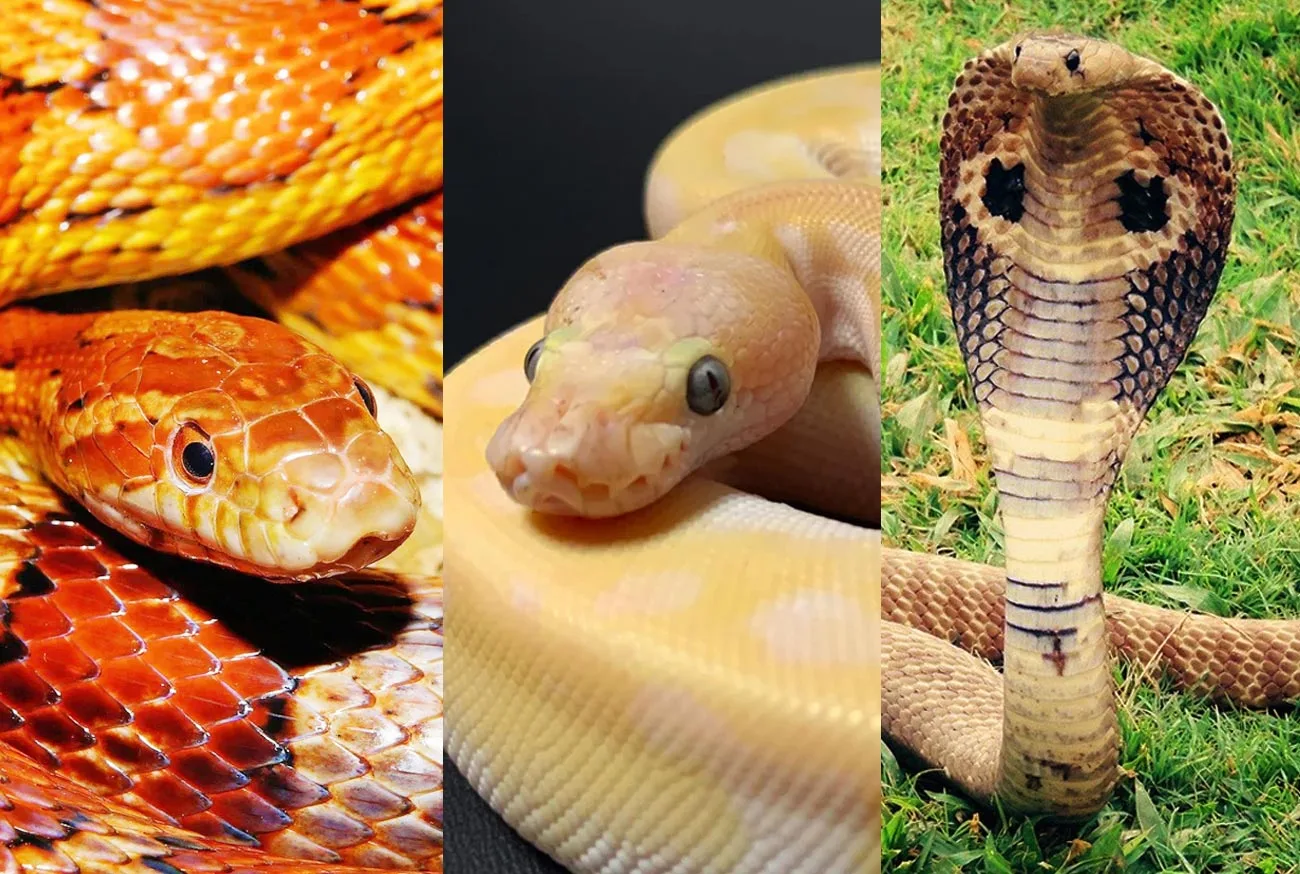
Essential care for your snake
Keeping a snake as a pet requires attention to specific details that ensure the animal’s well-being. Here are the main aspects to consider:
Proper diet
Snakes are carnivorous, and their diet depends on their size and species. Typically, they feed on rodents (such as mice and rats) or small birds. Feeding frequency varies: some need to eat weekly, while others can be fed just once a month.
Tip: Offer pre-frozen and thawed food to avoid the risk of diseases transmitted by live prey.
Perfect habitat
The environment where your snake lives is crucial to its health. A suitable terrarium should include:
- Substrate: Material to line the bottom, such as coconut fiber or newspaper.
- Temperature control: Snakes need a thermal gradient, with a warmer area (30-32°C) and a cooler area (24-26°C). Use heaters and thermometers to maintain the ideal temperature.
- Humidity: Most species require a specific humidity level, usually between 50% and 70%. A hygrometer can help monitor it.
- Hiding spots: Snakes like to feel secure, so include hides and shelters in the terrarium.
Terrarium hygiene
Cleaning the habitat is essential to avoid health problems. Remove waste regularly and perform a full cleaning monthly.
Responsible Handling
Although many snakes are docile, handling should be done with care and patience. Avoid sudden movements and never hold your snake by the head or tail.
Myths and truths about snakes as Pets
Snakes still face many prejudices and misconceptions. Let’s debunk some of them:
- "Snakes are dangerous." In fact, most snakes kept as pets are non-venomous and rarely pose a risk to their owners.
- "Snakes don’t bond with their owners." While they don’t show affection like dogs or cats, snakes can recognize their owners by scent and feel comfortable in their presence.
- "Snakes are hard to take care of." With the right environment and a proper care routine, keeping a snake is relatively simple.
Interesting facts about snakes
- Longevity: Some snakes can live over 20 years in captivity, depending on the species.
- Shedding Skin: Snakes shed their skin periodically. This is a sign of growth and health, but it’s essential to ensure the environment is humid enough to facilitate the process.
- Sensory Organs: Snakes have organs called heat pits that help detect heat, allowing them to identify prey even in the dark.
Is it right for you?
Before deciding to adopt a snake, evaluate whether you’re willing to provide the necessary care and feel comfortable handling the animal. Remember that snakes require a long-term commitment.
Make sure to choose a responsible breeder and avoid buying snakes captured from the wild. This contributes to environmental preservation and ensures a healthy animal.
Having a snake as a pet is a unique experience, full of learning and fascination. These exotic reptiles can be excellent companions, as long as their specific care needs are met. If you are passionate about unique animals and are willing to invest in creating an ideal habitat, snakes may be the perfect choice for you.
Now that you know all about keeping snakes, share this content with your friends and inspire other exotic animal lovers to explore the amazing world of snakes as pets!




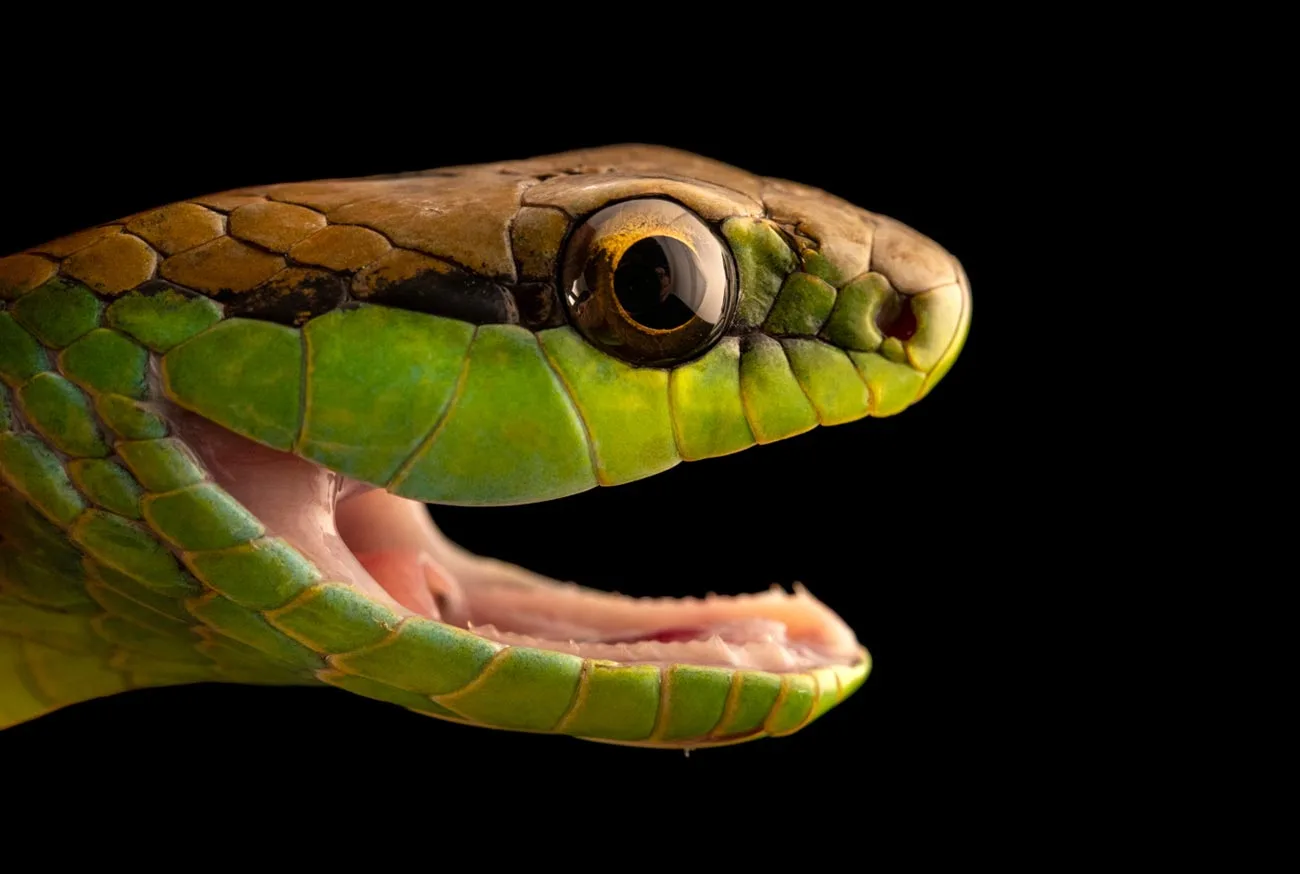












Add comment